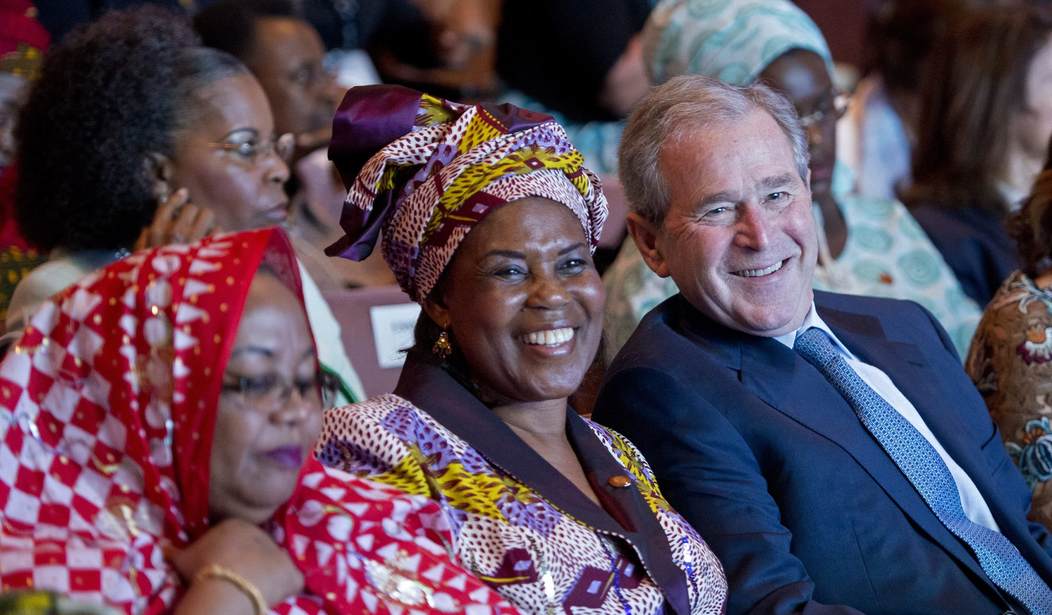WASHINGTON – In order to maintain progress in treating the AIDS pandemic, activists and organizations must gain the support of prominent conservative leaders, a health policy expert said Monday.
“If you’re going to raise hell, make sure you raise hell with the right kinds of people. I don’t mean that in an exclusionary way, but make sure you have a broad table of people who give a damn about this,” Stephen Inrig, a professor at Mount Saint Mary’s University Los Angeles, said at the Center for Strategic & International Studies.
Inrig attributed the creation of the President’s Emergency Plan for AIDS Relief (PEPFAR) to conservative leaders, starting with C. Everett Koop, U.S. surgeon general under Ronald Reagan during the rapid rise of the AIDS pandemic. PEPFAR, which was established by George W. Bush in 2003, has led efforts in treating about 11.5 million people in more than 60 countries. Inrig lobbied for having “conservatives that can voice that this is damn important and we need to do something about it.”
“That’s how you got PEPFAR. You had conservatives who said this matters to us, too,” he said.
According to UNAIDS, AIDS-related deaths around the world declined 48 percent between 2005 and 2016, with a peak of 1.9 million in 2005 to 1 million in 2016.
Inrig collaborated with Michael H. Merson in delivering a new book, The AIDS Pandemic: Searching for a Global Response, which studies AIDS efforts outside of the U.S. In the 1990s, Merson served as director of the World Health Organization’s Global Program on AIDS, which mobilized a global response to the pandemic. Merson said that there has been much progress on AIDS regression, but he warned against complacency.
“If we stand still, we’re going to pay a price,” he said.
According to UNAIDS, there were about 36.7 million people in the world living with HIV/AIDS at the end of 2015, which included nearly 2 million children 15 years old or younger. The organization shows that about 2 million became newly infected with the virus in 2015, with about 66 percent of those occurring in Sub-Saharan Africa. About 60 percent of people with HIV know they have the virus, according to the organization.
Statistics from the Centers for Disease Control and Prevention show that an estimated 1.1 million people are living in the U.S. with HIV, and about 14 percent are unaware of their status. The organization states that gay and bisexual men, most notably young African-Americans, are most affected by the infection. About 70 percent of the 37,600 new infections in 2014 were attributed to gay and bisexual men, according to CDC. HIV infections declined about 10 percent in the U.S. between 2010 and 2014.
“We have made great progress. As much progress as in many other diseases,” Merson said, while lobbying for the development of an AIDS vaccine.
There is currently no vaccine option for AIDS, but the National Institutes of Health has launched a clinical trial for South African adults to test a modified HIV vaccine called HVTN 702.
Merson said that a vaccine would be “enormously helpful” in meeting UNAIDS’ 90-90-90 targets. UNAIDS has established the goal of ending the AIDS epidemic by 2030. The organization has laid out three goals for 2020: having 90 percent of those living with HIV aware of their virus, 90 percent of those diagnosed with the infection receiving sustained antiretroviral therapy and 90 percent of those in antiretroviral therapy having viral suppression.
“We now know from two studies that show that if you are fully treated and are suppressed, you don’t transmit, so treatment really has now become effectively prevention,” Merson said.









Join the conversation as a VIP Member